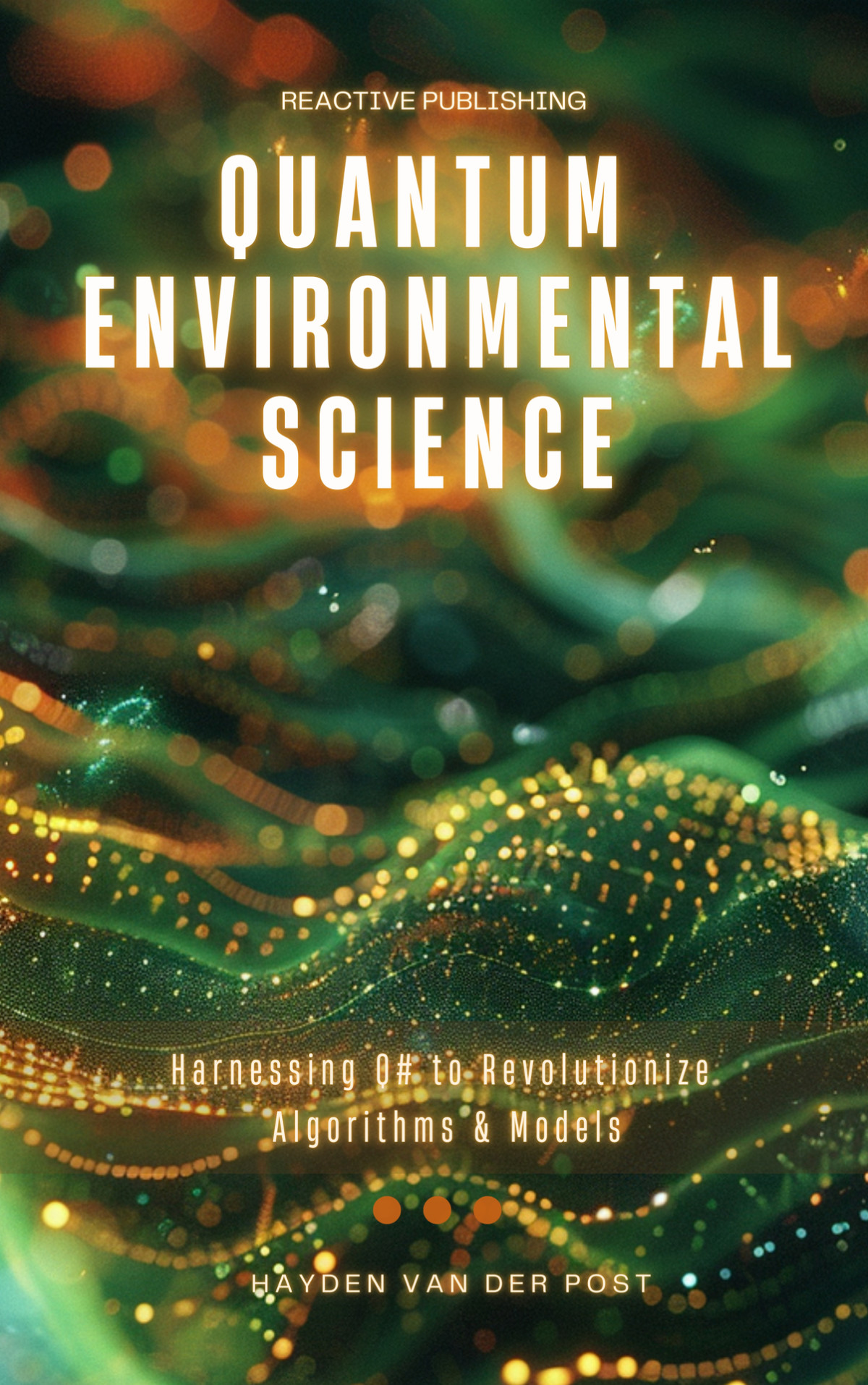

Most ebook files are in PDF format, so you can easily read them using various software such as Foxit Reader or directly on the Google Chrome browser.
Some ebook files are released by publishers in other formats such as .awz, .mobi, .epub, .fb2, etc. You may need to install specific software to read these formats on mobile/PC, such as Calibre.
Please read the tutorial at this link: https://ebookbell.com/faq
We offer FREE conversion to the popular formats you request; however, this may take some time. Therefore, right after payment, please email us, and we will try to provide the service as quickly as possible.
For some exceptional file formats or broken links (if any), please refrain from opening any disputes. Instead, email us first, and we will try to assist within a maximum of 6 hours.
EbookBell Team

4.1
60 reviewsIn an era where traditional environmental science methodologies struggle to keep pace with escalating ecological challenges, "Quantum Environmental Science" emerges as a groundbreaking beacon of innovation. This comprehensive guide explores the transformative power of quantum computing, specifically through the lens of Microsoft's Q#, to develop advanced algorithms and models that can solve complex environmental problems with unprecedented efficiency and accuracy.Synopsis
Dive into the quantum realm with "Quantum Environmental Science", a pioneering book that bridges the gap between cutting-edge quantum computing and practical environmental applications. Authored by leading experts in the field, this book is designed to equip scientists, researchers, and tech enthusiasts with the knowledge and tools to harness Q# for revolutionary environmental solutions.Key Features
Introduction to Quantum Computing: Understand the fundamentals of quantum computing and why it holds the key to future environmental breakthroughs.
Harnessing Q# for Environmental Science: Learn how to utilize Q#, Microsoft's quantum programming language, to develop sophisticated algorithms and models tailored for environmental research.
Real-World Applications: Explore case studies and practical examples where quantum algorithms have been applied to solve real environmental issues, from climate modeling to resource management.
Hands-On Guidance: Follow step-by-step instructions and detailed code examples that guide you through the process of developing and implementing quantum algorithms using Q#.
Future Prospects: Gain insights into the future of quantum computing in environmental science and the potential it holds for creating sustainable solutions.
Why This Book?
As environmental challenges grow more complex, traditional computational methods often fall short. "Quantum Environmental Science" not only provid
…